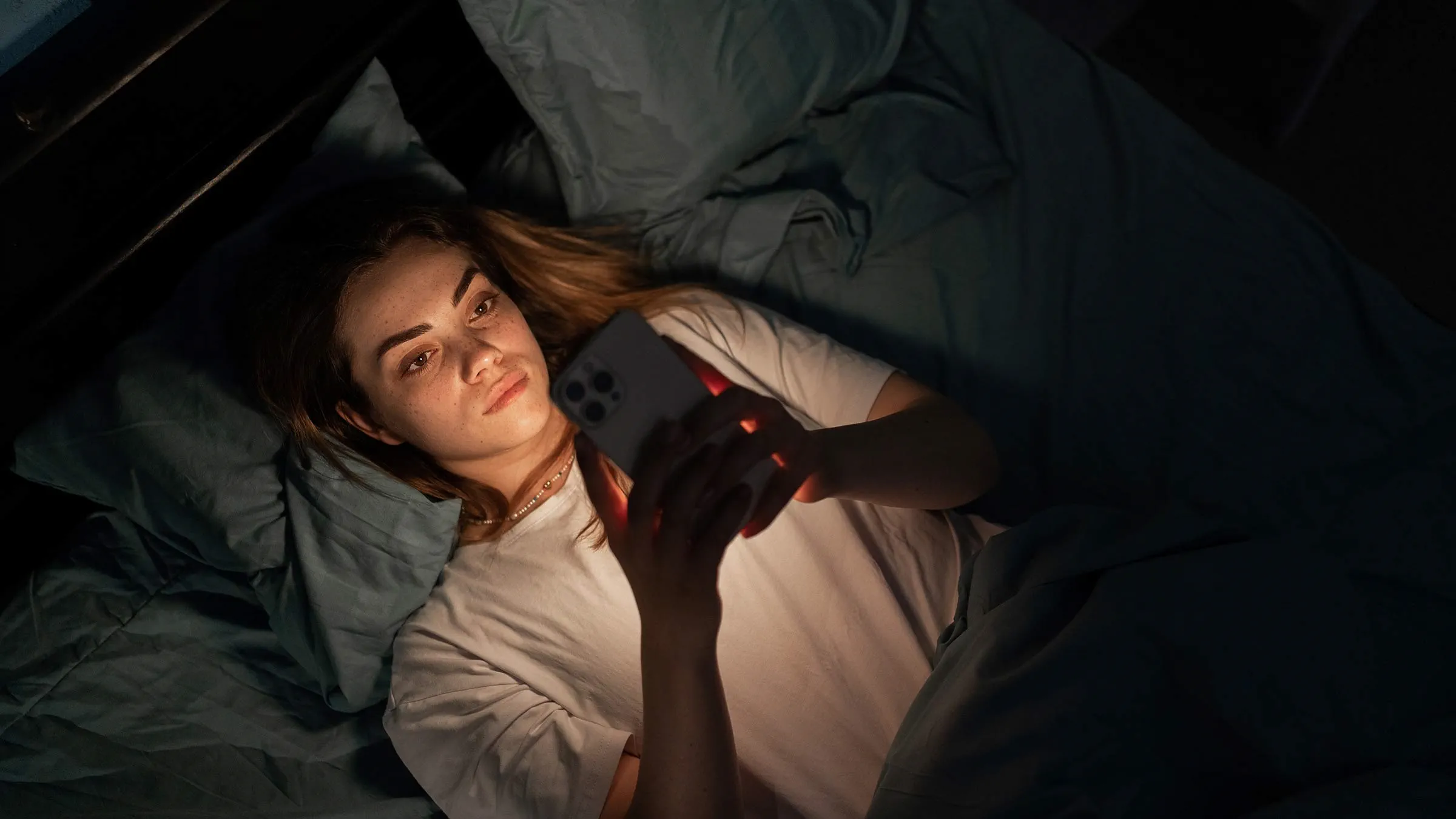
Your mind just won’t shut down, you’re tossing and turning and staring wide-eyed at the clock.
Nearly all of us have had or will have a sleepless night or two, usually around a stressful life event.
Most of the time, it’s a brief problem and resolves itself.
However, some people deal with chronic insomnia. They regularly can’t fall asleep, stay asleep, or wake up too early. This type of disrupted sleep lasts a few nights a week or more for at least a few months.
Regardless of whether it’s a short problem or an ongoing concern, insomnia can leave you feeling awful the next day – tired, cranky, and unable to concentrate.
Why can’t I sleep?
In addition to anxiety over the stressors of life, there are several other reasons for insomnia.
Some medical conditions such as chronic pain, hyperthyroidism, allergies or sinus issues, asthma, gastrointestinal problems such as reflux and neurological conditions such as Parkinson’s disease can make it hard to sleep.
Certain medications can also be a culprit. Drugs for cardiovascular disease, asthma, thyroid disease, ADHD, birth control, and depression can cause insomnia. Over-the-counter cold or allergy medications can also affect sleep quality.
Often people who’ve battled insomnia for a while develop bad behaviors to cope with it.
Activities such as watching TV, playing videogames, checking social media, spending a lot of time in bed, sleeping in and doing chores make the problem worse.
The person develops anxiety over not sleeping and it forms a vicious cycle.
It’s better to pass the time reading or listening to music to relax.
While sleep aids can help people become drowsy, I don’t like people to rely on them as an easy remedy.
Getting back to good, quality sleep requires lifestyle and sleep behavior changes.
How to get some zzz’s
Here are my tips to break the insomnia loop.
1 Even if you’ve had a rough night, don’t nap or sleep in
Go to bed and get up at the same time every day. This will help build your body’s sleep drive or need for sleep. It’s a big part of getting back on a good sleep cycle.
2 As soon as you get up, turn on lights or open the shades to let sunshine in
This helps to set your circadian rhythm. That’s your internal clock that tells you when it’s time to feel energized or drowsy.
3 Get some exercise
Even 15 minutes of daily physical activity improves alertness during the day and sleep quality at night. When should you work out? Late afternoon or early evening is ideal if you can work it in, but in the end, exercise at a time that works best for you.
4 Avoid caffeine starting about six hours before your bedtime
Studies have shown it can keep you awake or affect your sleep quality.
5 Turn off the electronics — laptops, tablets and phones emit blue light that can keep you awake, and they’re a distraction from sleep
6 Sleep in a cave
The bedroom should be cool, dark and quiet.
If you try these steps and you’re still not sleeping well, it’s time to talk to your doctor.

Take charge of your sleep
Learn more about the causes of sleep disorders and treatment options available at Ohio State
Take charge today




